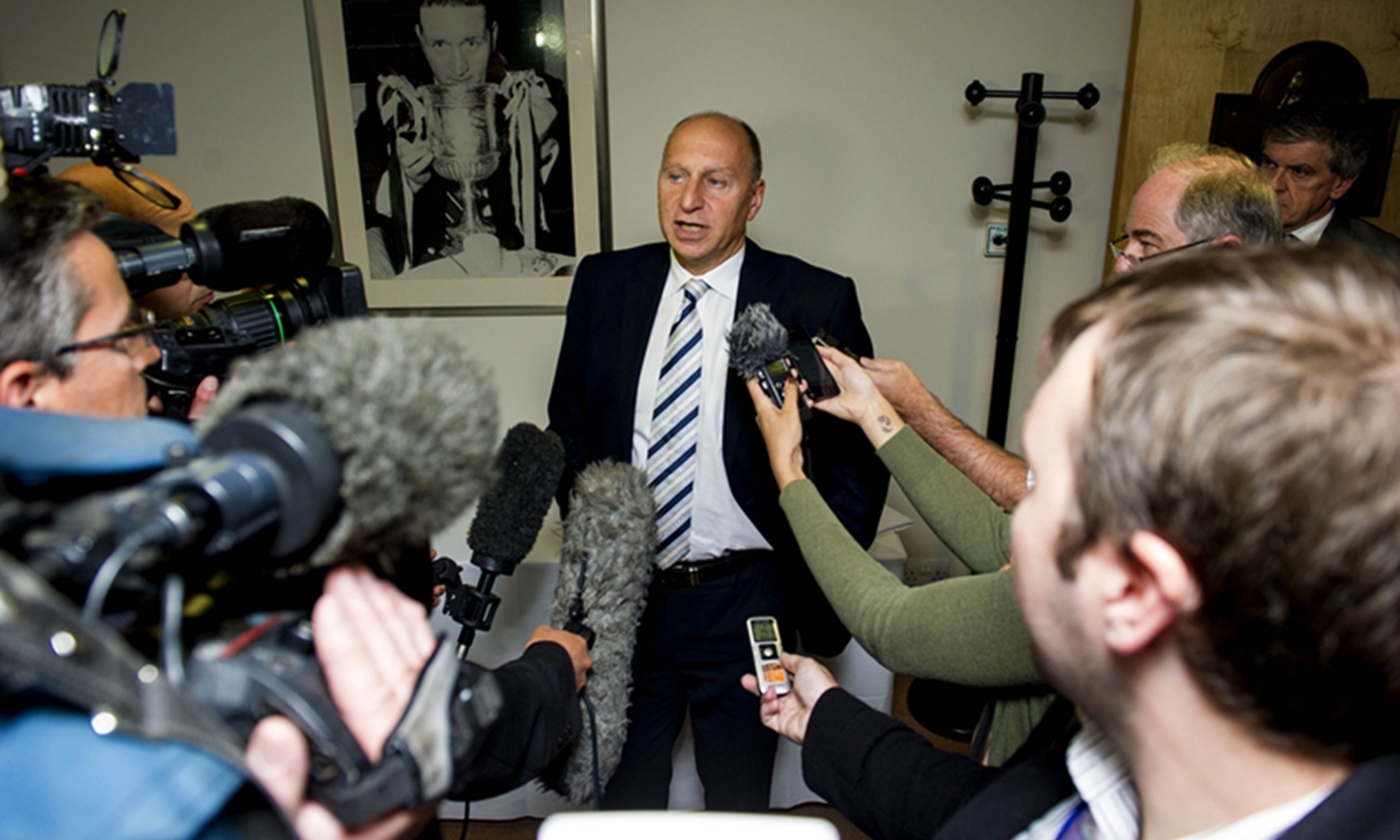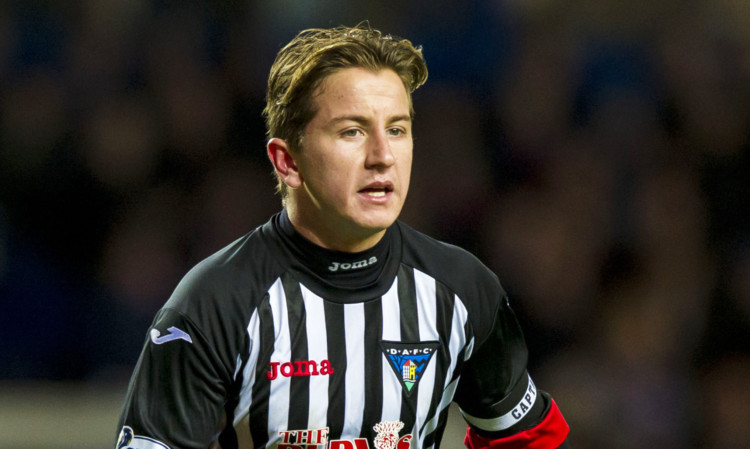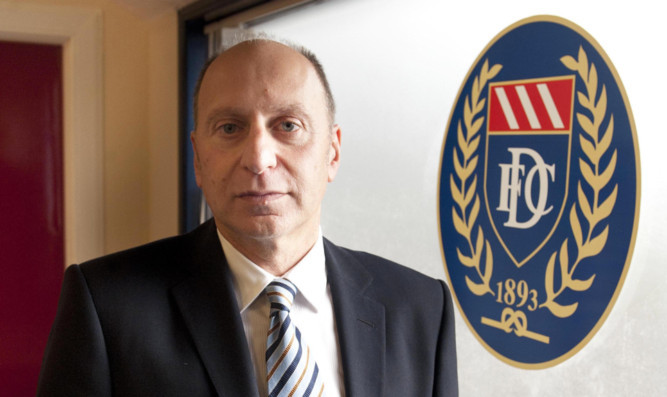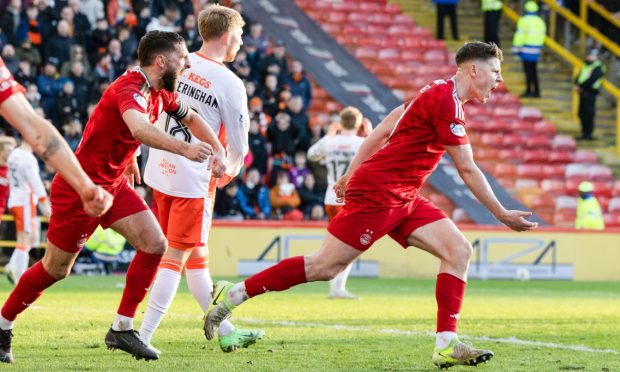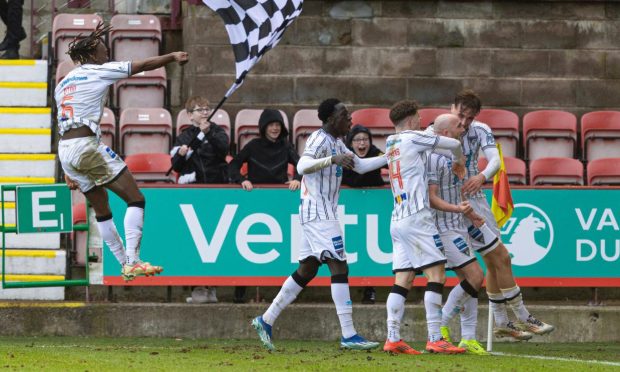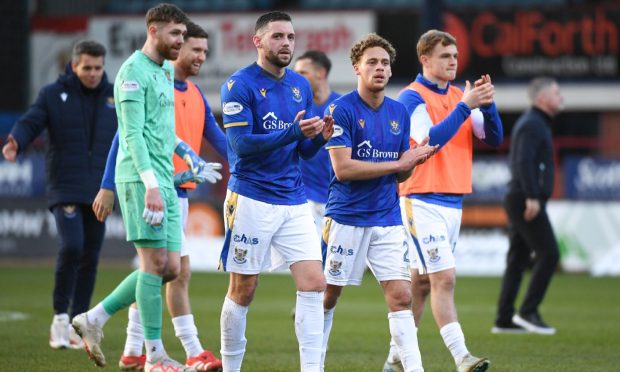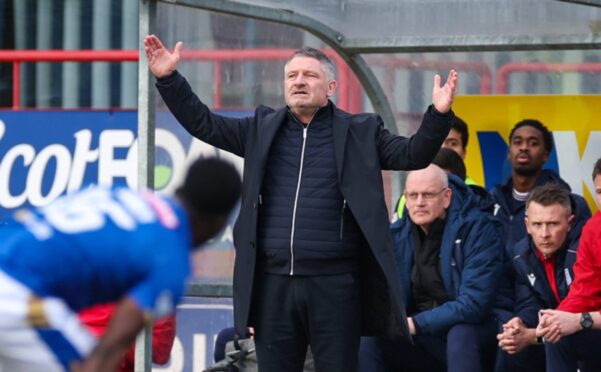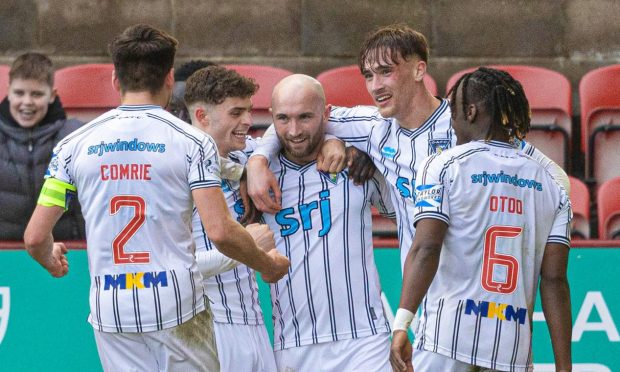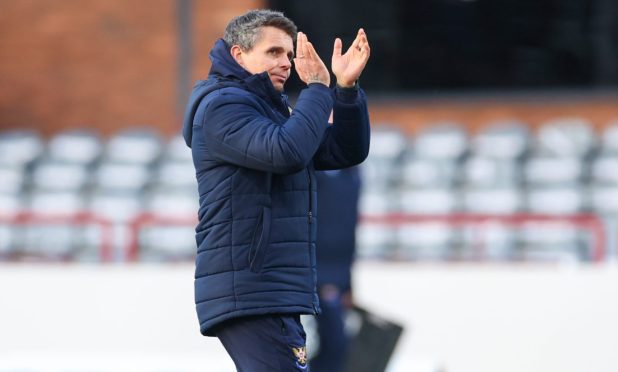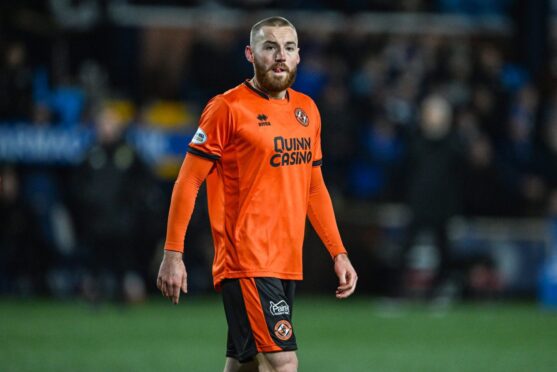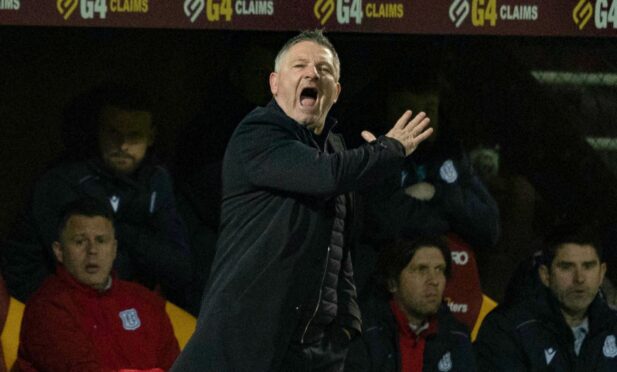Ten years ago, on December 13 2013, Dunfermline Athletic officially exited administration.
The legal process finally brought to an end an emotional rollercoaster that took the club and its supporters through some of the darkest days in its history.
A decade on, the nightmare has been consigned to history.
Courier Sport has spoken to some of the key figures in the battle to haul Dunfermline back from administration. This is part two.
The new Dunfermline captain – Josh Falkingham
A Leeds United youth, Falkingham found himself north of the border at St Johnstone and then Arbroath before signing for Dunfermline in summer 2012 following relegation to the second tier. In his first season, still just 22 and amidst administration, the midfielder – now playing for Harrogate Town – was made captain.
“It’s very vivid in my memory, what went on and how close the club came to being non-existent. But nobody really knew what was going on until that day when the administrators came in and took charge.
“We were living through wages not getting paid and only getting percentages. I was a single lad and quite young, and I never had a family or a mortgage. Now, I realise the worries and the struggles the more experienced lads must have been going through with their families. I was lucky that I kept my job.
‘It was a crazy, crazy time’
“But the meeting with the administrators when we went to the ground sticks in my memory. All the players were together and just a list of names was read out. These were team-mates and really good friends and they were being made redundant. It was a crazy, crazy time.
“It was a case of having to step up. I went from being one of the young lads to being one of the most experienced ones at 22. Andy Geggan, who was a bit older, had been injured so I was asked by Jim Jefferies to take the captaincy.
“Football teaches you that you have to grow up fast and I just had to lead the lads out and do the best I possibly could and take the team into a relegation scrap. It was a really tough time.
“I hope it never happens to me again and the whole of Dunfermline will hope it never happens to them again. It’s absolutely horrendous, because of what a football club means to not just the players and management and staff, but also for the community and the supporters. It affects so many people.
“I was living in the town and I was walking into supermarkets or going into town for a coffee and everybody was just talking about it and saying, ‘don’t worry, we’re coming together’. It was an incredible togetherness, like I’d never seen before. The full community was willing to financially save and put money in.
‘Respect for the fans’
“If it wasn’t for the fans and the community coming together and being willing to do whatever it took to save their football club then it would have gone into liquidation. It was as simple as that, and I was living and breathing that every single day in the town.
“It was an amazing contribution and that’s why the relationship I still have with the club and the fans is the way it is. Even 10 years down the line, the respect I’ve got for the fans and the club is right at the top. They got the club back on its feet again and standing tall.
“Unfortunately, it did lead to relegation, but at the time the main priority was keeping the club afloat and keeping the club alive, and luckily for Dunfermline, 10 years down the line, it’s in a much stronger position and I’m so pleased to see it’s moving back in the right direction.”
The Administrator – Bryan Jackson
Jackson was both the Grim Reaper and the saviour of clubs during a horrific spell in Scottish football that saw him move in at the likes of Motherwell, Dundee and Hearts in a bid to stave off liquidation. Now a consultant with Johnston Carmichael, he later co-wrote a play based on his experiences called ‘The Pieman Cometh’.
“When we went in to Dunfermline, it was pretty dire. HMRC were about to petition to appoint a liquidator and hen, at the last second, Gavin Masterton called me and asked if I would take the appointment as administrator.
“I reluctantly took the job on because there didn’t seem to be any money there to save it, there were no real assets, there were a lot of problems with the ground being owned by a different company, and obviously there would have to be redundancies to even keep the doors open.
‘They’re all a bit of a nightmare’
“I remember my thoughts were ‘I really, really don’t fancy this one’, it’s going to be particularly difficult. But we decided to give it a go.
“By that time I had experience of doing football clubs and you could say why not because of that, but it was that experience that tells you ‘don’t do it’. They’re all a bit of a nightmare and you know how important they are to people. For the fans that go every week, it’s a big part of their lives, having that connection.
“You feel a huge responsibility. You can do the best job in the world, but if you don’t have a bit of luck with you and there’s no buyer and no money and it just doesn’t go the right way, then there’s nothing much you can do. You take a big chance.
“We found the usual, there wasn’t enough pounds in for pounds out and we had to make people redundant. Also the usual was that the most obvious buyer was going to be a fan consortium.
“The fans were really good and very supportive. I remember they had buckets collecting money every week and we actually needed that urgently just to keep the doors open. My good memories are the support I got from fans in all the jobs I did, and Dunfermline was pretty strong on that front.
‘You have some dark nights’
“When you get that support, it helps psychologically. You have some dark nights when things go the wrong way and you more or less just want to chuck it, thinking there’s no point keeping these doors open, it’s too difficult.
“It’s a horrible job, it’s dead stressful; I’d be pacing about the room at night and not sleeping. You don’t enjoy the job while you’re doing it, you’re in the middle of so many confrontational things and difficult things.
“But, when you actually got it over the line and get the joy of that, you would forget how difficult it was and all the stress and anxiety you had.”
Read part one of our dive into Dunfermline’s administration survival here.
